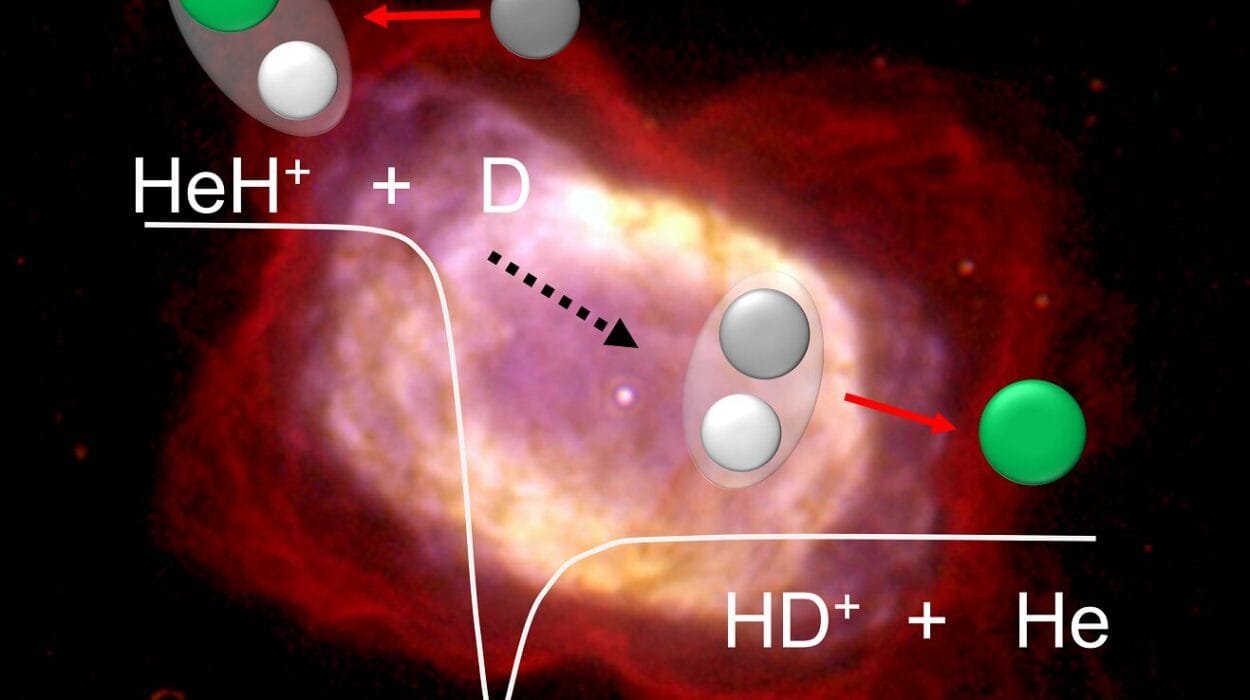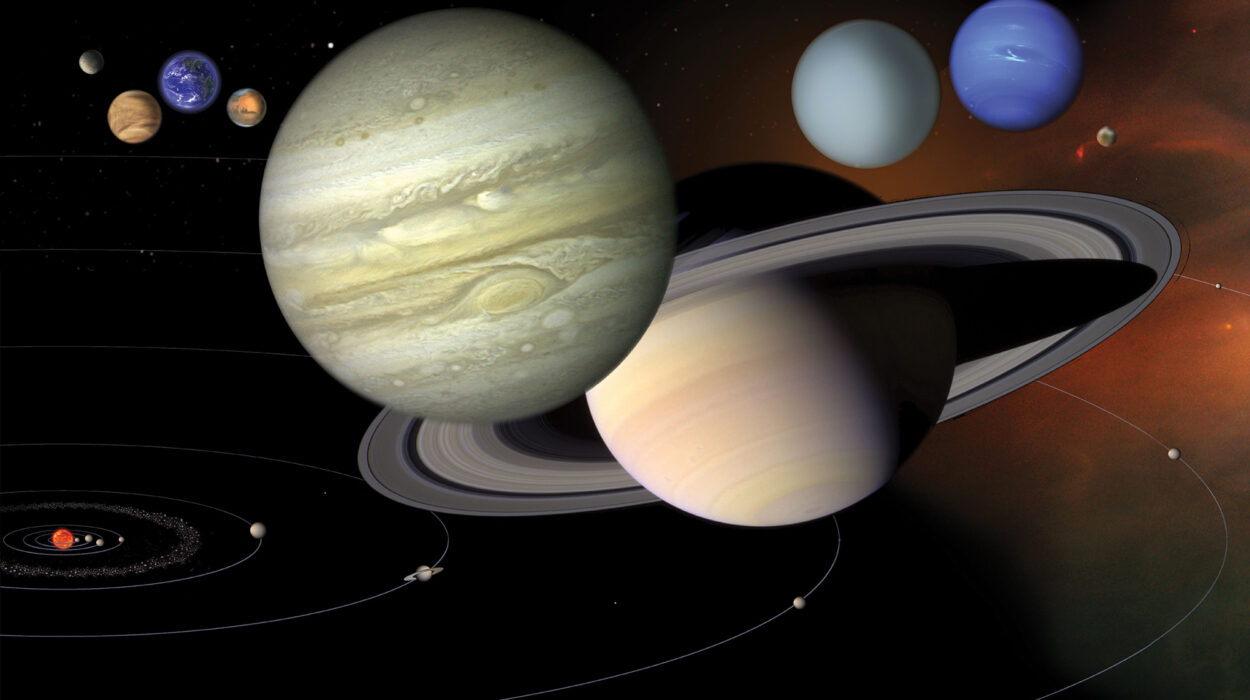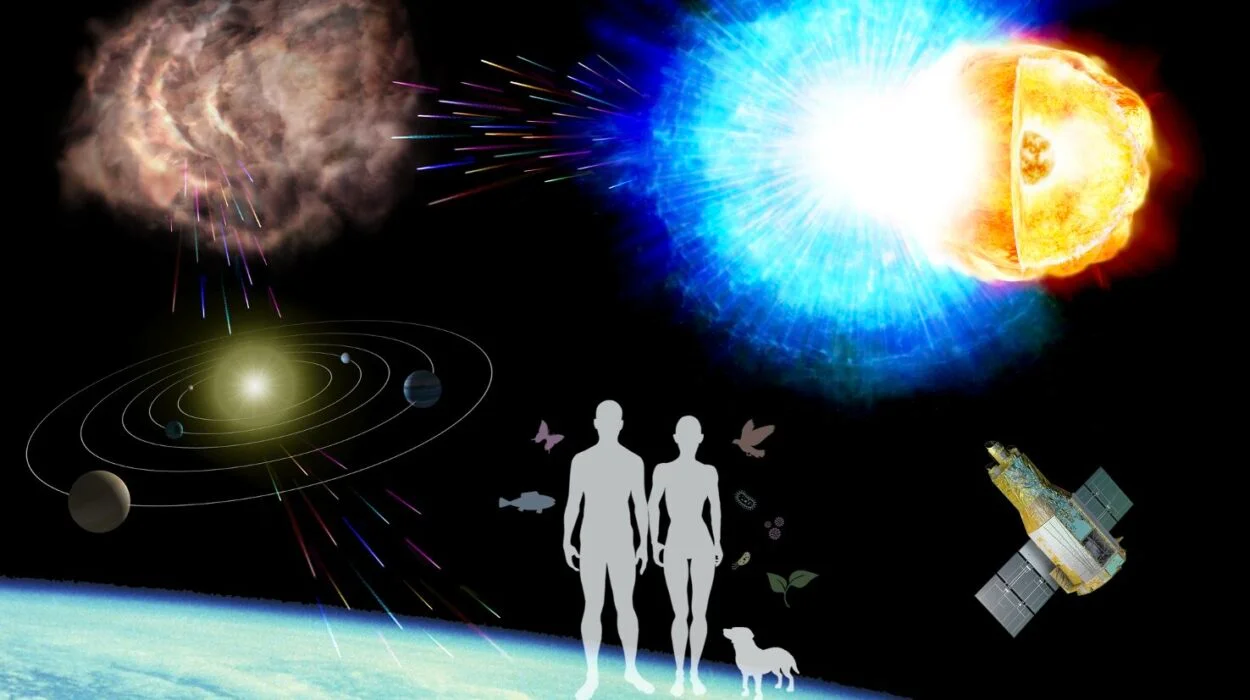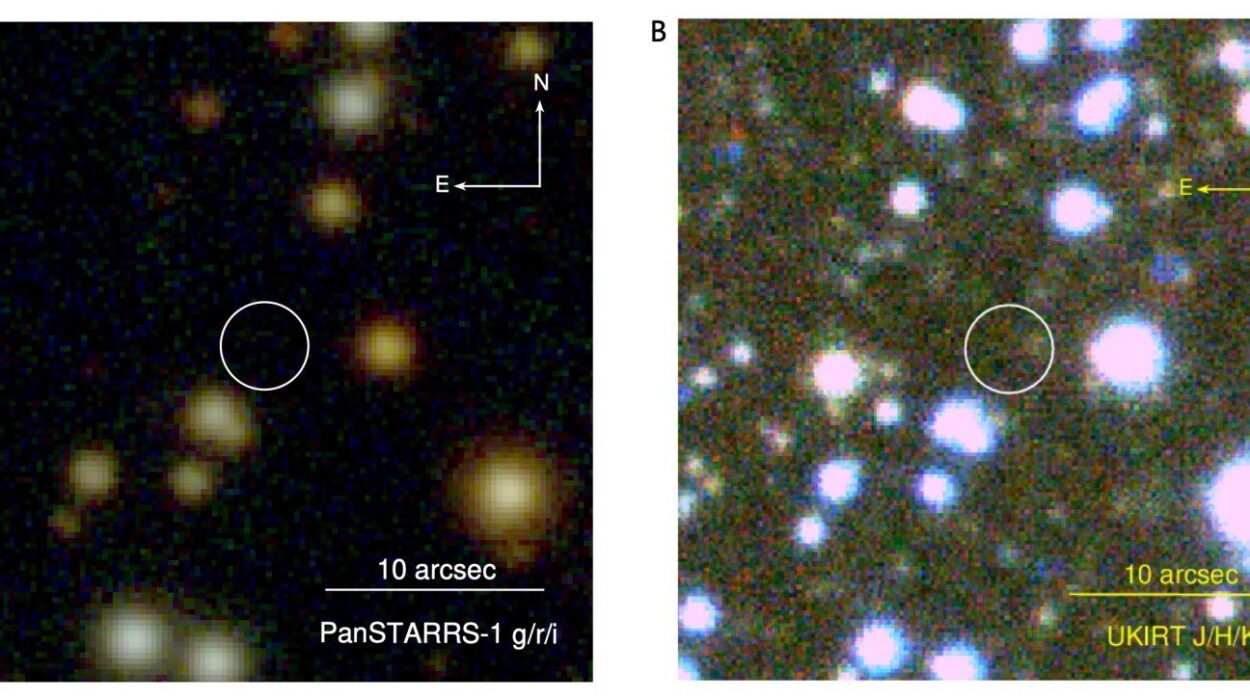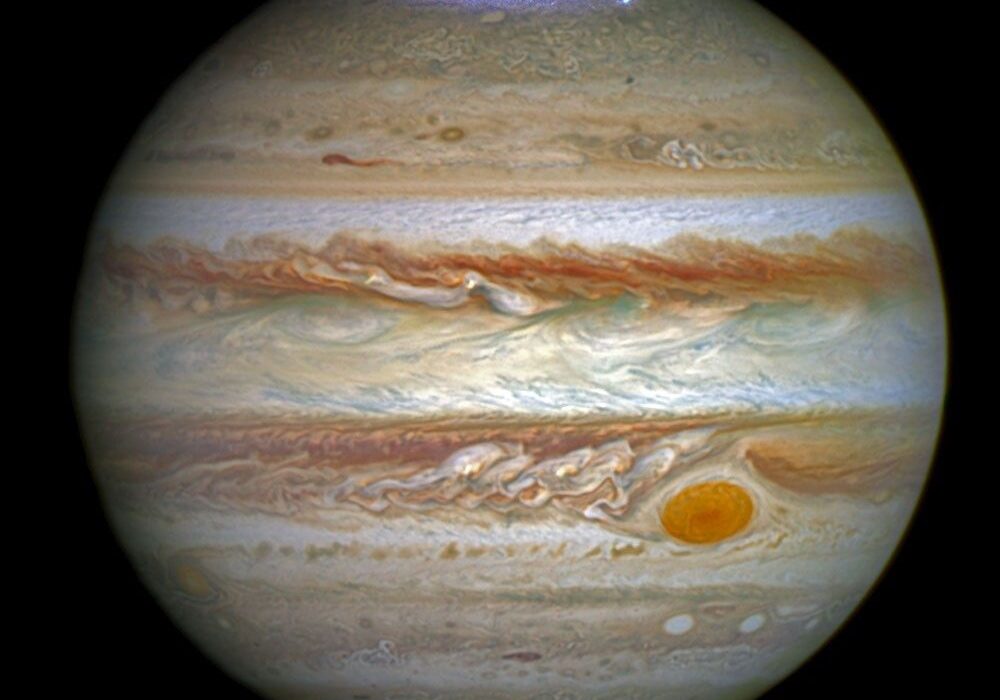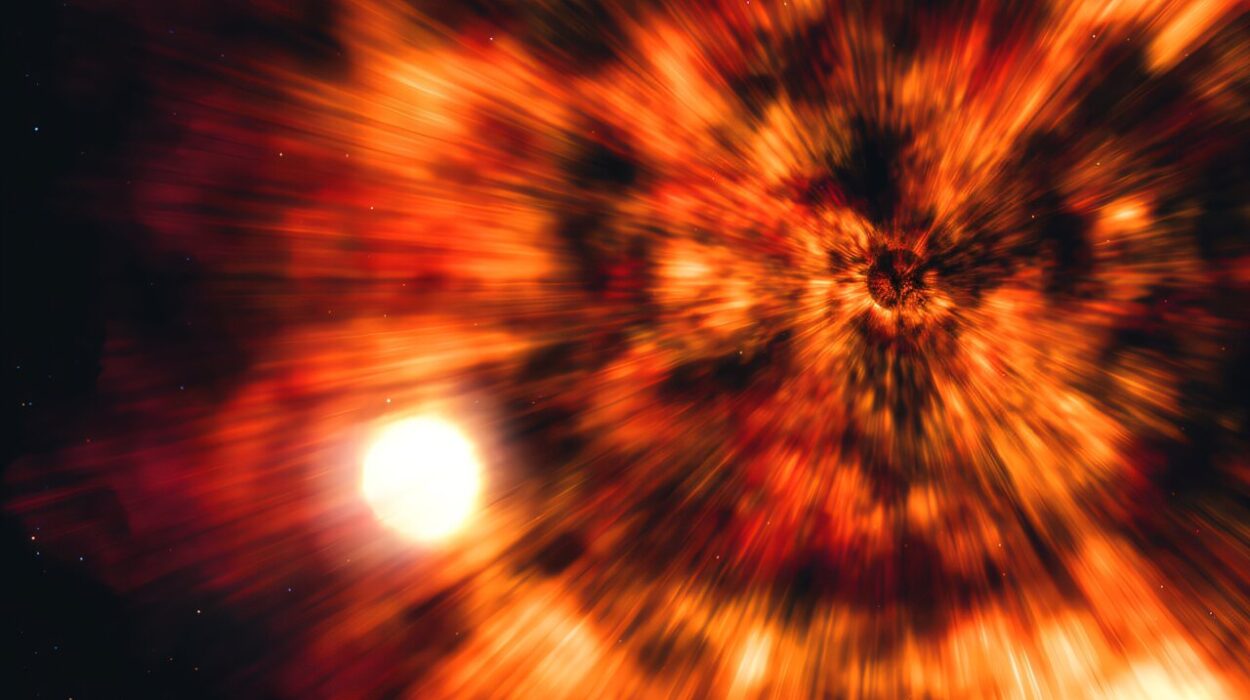For decades, scientists have gazed into the vastness of space and wondered about a mysterious force that seems to be pulling the universe apart at an ever-increasing speed. They named this enigmatic energy “dark energy,” and for years, it was thought to be a constant, steady driver behind the universe’s accelerating expansion.
But a groundbreaking new study suggests something astonishing: dark energy might not be as constant as we believed. It may be evolving over time. If this is true, our understanding of how the cosmos works—the very framework of modern cosmology—could be on the verge of a major upheaval.
A Discovery That Could Shake the Cosmos
The revelation comes from the Dark Energy Spectroscopic Instrument, or DESI, perched atop the Kitt Peak National Observatory in Arizona. DESI is a cutting-edge tool designed specifically to measure the universe’s expansion and probe the elusive dark energy. Scientists from over 70 institutions around the world are collaborating on this ambitious project.
“What we are seeing is deeply intriguing,” said Alexie Leauthaud-Harnett, a spokesperson for the DESI collaboration. “It is exciting to think that we may be on the cusp of a major discovery about dark energy and the fundamental nature of our universe.”
This isn’t a subtle shift. If dark energy is truly weakening over time, it throws a wrench into the standard cosmological model, the backbone of our understanding of the universe. It might mean that the future of the cosmos is far different than we’ve imagined—and that Einstein’s famous equations, the ones we’ve relied on for more than a century, will need serious revisiting.
How We Got Here: A Century of Cosmic Mysteries
Our story begins back in 1929, when Edwin Hubble observed that distant galaxies are moving away from us. The universe, it turns out, is expanding. Fast forward to the late 1990s, and things got even stranger. Two separate teams of astronomers discovered that the universe isn’t just expanding—it’s accelerating. Something was pushing galaxies apart faster and faster. That “something” was dubbed dark energy.
Since then, dark energy has become a central pillar in cosmology. In the current model of the universe, dark energy makes up about 70% of the cosmos, with dark matter making up another 25%, and normal, everyday matter—everything from stars and planets to people—just 5%.
The simplest idea, based on Einstein’s cosmological constant, suggested that dark energy was, well, constant. Unchanging. Always exerting the same influence on the expansion of the universe. But scientists have long wondered: what if that’s not the whole story?
DESI’s Extraordinary Mission
Enter DESI. Think of it as the most ambitious cosmic cartographer humanity has ever built. It uses 5,000 thin optical fibers, carefully aligned with stunning precision, to capture the light from distant galaxies and quasars—those brilliant, blazing cores of ancient galaxies powered by supermassive black holes.
Every 20 minutes, DESI can measure light from thousands of objects across a vast swath of the sky. By analyzing this light, astronomers can determine how far away these galaxies are, and how fast they’re moving. It’s like creating a massive 3D map of the universe stretching billions of light-years in every direction—and seeing how that map changes over time.
Over the past three years, DESI has collected data from 15 million galaxies and quasars, offering one of the most detailed looks at cosmic expansion ever attempted.
And what DESI’s data reveals is both thrilling and unsettling.
Tensions in the Standard Model
Arnaud de Mattia, a French physicist involved with DESI, explains that cosmology’s standard model has worked well so far. But increasingly, there are “tensions” between different ways of measuring the universe’s expansion.
Scientists use a variety of methods to measure how fast the universe is growing. Some look at cosmic microwave background radiation, the faint afterglow of the Big Bang. Others observe supernovae, exploding stars that serve as cosmic lighthouses. Still others, like DESI, map galaxies across billions of years.
When DESI’s team combined their new findings with these other measurements, something strange appeared. “We found signs that the impact of dark energy may be weakening over time,” de Mattia says.
Seven billion years ago, the universe’s expansion seems to have been accelerating slightly faster than it is now. If this trend is real—and it’s too early to say for sure—it could mean that dark energy is slowly losing its grip on the cosmos.
A Universe at an Inflection Point
“We’re at this interesting inflection point,” says Joshua Frieman, a theoretical astrophysicist at the University of Chicago and a former member of DESI’s team. It’s a moment of scientific uncertainty, but also profound possibility.
Is dark energy changing? Could it disappear entirely one day? If it weakens enough, could the universe’s expansion slow down—or even reverse? These aren’t just academic questions. They touch on the ultimate fate of everything we know.
Some physicists believe that dark energy could evolve into something completely different, altering the very structure of space and time. Others suggest that if dark energy fades, gravity could eventually win out, pulling galaxies back together in a cosmic “big crunch.”
For now, it’s too early to know. “There is absolutely no certainty about this,” de Mattia cautions. But the signs are intriguing enough that scientists are scrambling for answers.
The Next Generation of Cosmic Explorers
DESI is just the beginning. Over the next few years, an armada of new space telescopes and observatories will join the quest to unravel dark energy’s secrets.
Europe’s Euclid Space Telescope, launched in 2023, is already mapping billions of galaxies from orbit. NASA’s Nancy Grace Roman Space Telescope, set to launch in 2027, will offer another perspective on dark energy. And the Vera Rubin Observatory in Chile will soon start its mission of scanning the entire sky every few nights, creating an unprecedented movie of the cosmos in motion.
“This new generation of surveys—in the next few years—will nail this,” says Frieman.
A Potential Revolution in Cosmology
If the idea of “evolving dark energy” is confirmed, it would be nothing short of revolutionary. “It would be on the level of the discovery of accelerated expansion,” says Etienne Burtin, another French physicist on the DESI team. That discovery in the 1990s won a Nobel Prize and transformed our understanding of the universe.
A changing dark energy would force scientists to revise the Lambda Cold Dark Matter model—the so-called standard model of cosmology—something they have relied on for decades. It might even demand a radical new theory that unites quantum mechanics and general relativity, two pillars of physics that have stubbornly refused to play nicely together.
What’s Next for Humanity’s Greatest Mystery?
For now, DESI’s findings were unveiled at a conference of the American Physical Society in California, marking a historic moment in cosmology. The research is still being analyzed, debated, and scrutinized by the global scientific community.
And while the data isn’t conclusive yet, the possibility that dark energy might be changing over time has sparked a new wave of excitement in the quest to understand the cosmos.
We are, after all, cosmic explorers living in a universe filled with mysteries. And perhaps, just perhaps, we are on the brink of uncovering one of its greatest secrets.
As Einstein himself once said, “The important thing is not to stop questioning.” In the years ahead, scientists will continue to question, measure, and peer deeper into the fabric of space and time—seeking answers to questions that, until now, we could only dream of asking.

